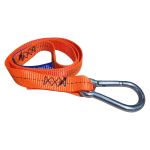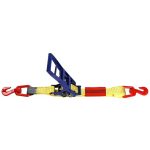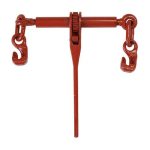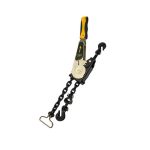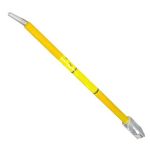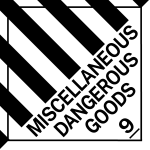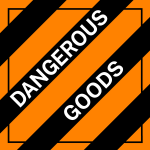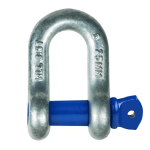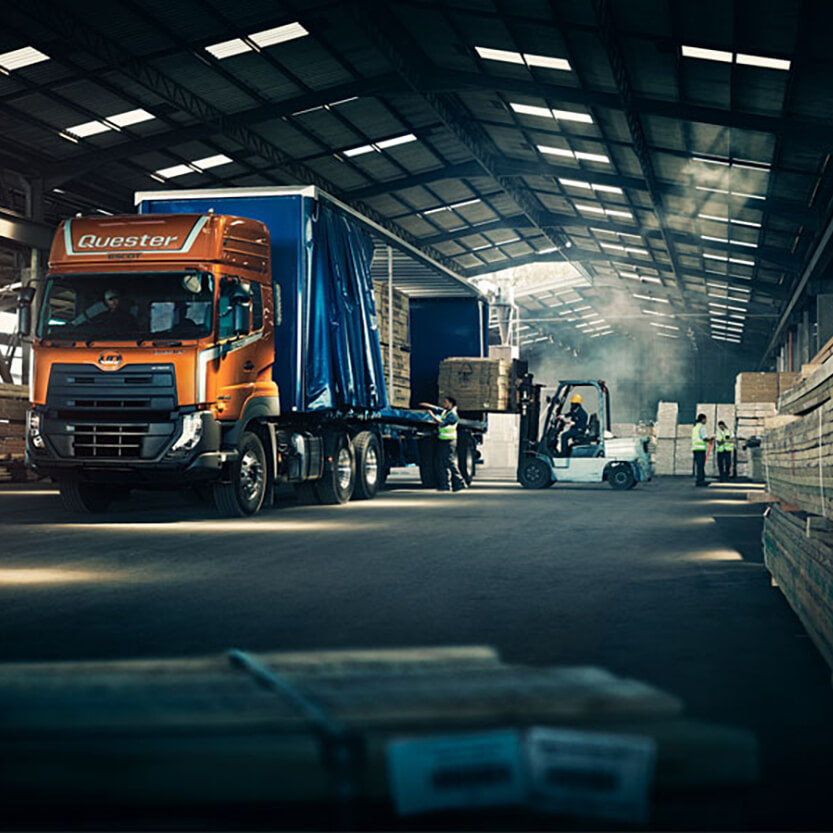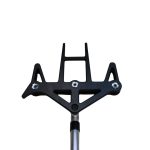[vc_row][vc_column][vc_column_text]The coronavirus outbreak and the actions that followed have altered the trucking and transportation landscape. Fleet-based drivers continue to deliver loads across the nation, although operating in a very different environment, while many workers are compelled to stay at home.
Logistics and supply-chain caused product shortages, delivery delays, and facility closures almost everywhere. At the same time, demand for consumer goods increased as more people began to shop online due to stay-at-home orders. The pandemic’s pressures pushed transportation and logistics companies to their breaking points; however, they persevered and continued to deliver as quickly as they could.

Supply chain vulnerabilities are being exacerbated by new challenges, digital transformations, and changing market conditions. Let’s take a look at the three most pressing issues confronting the transportation industry, as well as what your company can do to address them.
- Transportation Fees Are Increasing
Even with meticulous route planning and optimisation, running a transportation company is an expensive business. Rising fuel prices exacerbate the situation. Shipping and truck transport are perhaps the most expensive logistics functions. Customers are increasingly demanding fast and low-cost shipping, even though higher shipping costs are likely to remain.
- Decreasing Workforce
Logistics Services are having difficulty finding skilled workers. Employees cannot sustain the work environment because the industry is filled with challenges. There is an inability to find and preserve workers, resulting in slower growth. As a result, freight forwarding services seek a technologically advanced environment in which to manage complex functions with minimal labour.
However, transportation companies cannot afford to wait for market and regulatory restrictions to change to address this issue. Investing in automation technology is one way for businesses to iron out these kinks. Even though implementing cutting-edge technology is an expensive endeavour, it is necessary if you want to improve the operational efficiency. Automation will save your team time, and route optimisation will help you maximise the efficacy of your current fleet.
Furthermore, route planning reduces on-the-job stress for drivers because it allows them to keep their delivery schedules while avoiding traffic and road closures. As a result, driver enjoyment and long-term retention improve.

- Shortages In Capacity
Controlling freight costs is an age-old issue in the logistics industry, and container shipping capacity shortages are nothing new. Aside from rising transportation costs, businesses must contend with port congestion and a significant shortage of shipping containers. As a result, sea freight is likely to experience greater delays.
Logistics and transportation services are among the most important pillars of the industrial world. It cannot thrive at its best considering the number of challenges in the industry. Without strong logistical support, the entire global trade will suffer. We have discussed all of the industry’s major challenges for you to have a clear grasp.[/vc_column_text][/vc_column][/vc_row]













